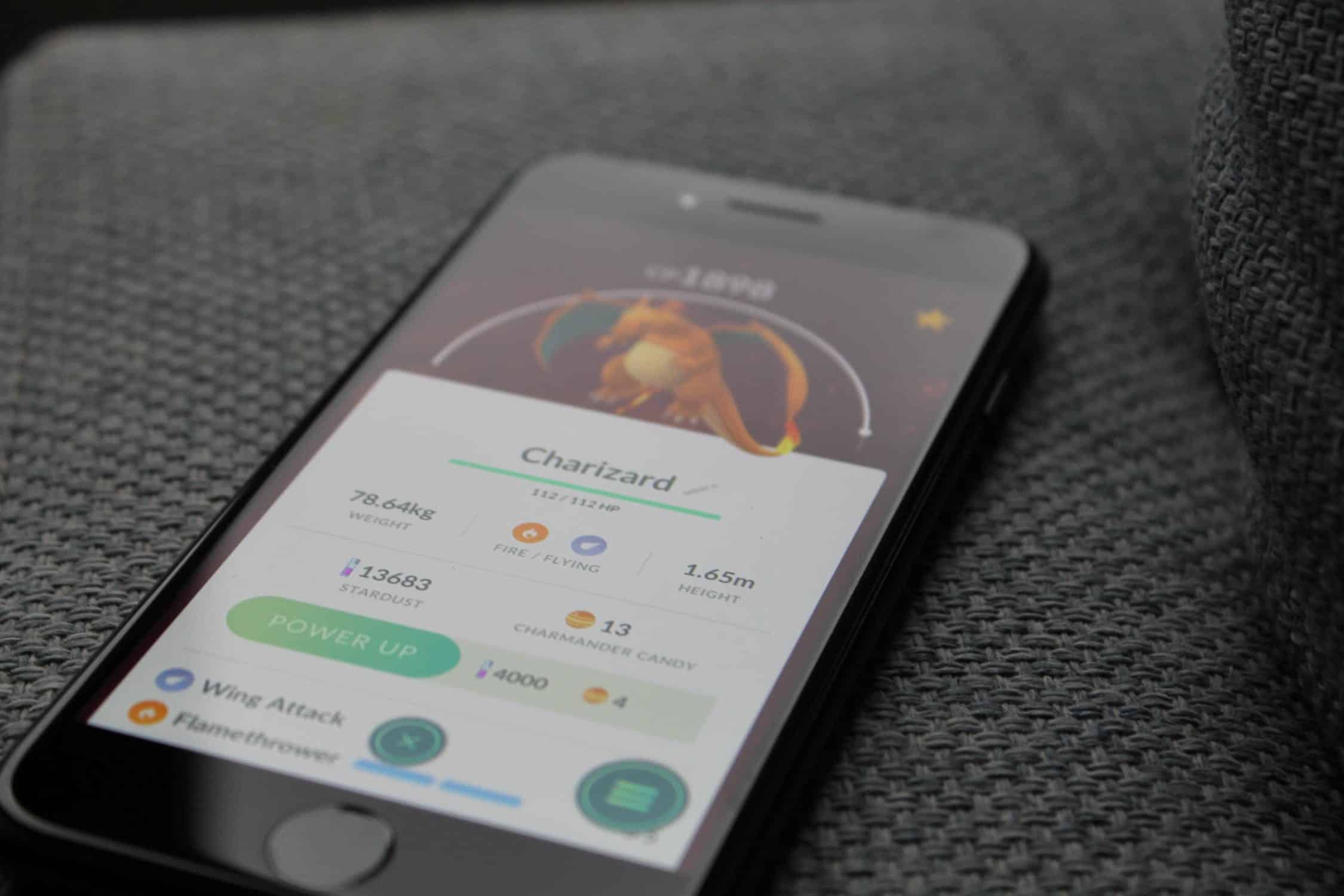Has your iPhone suddenly started to behave erratically? Believe it or not, there’s a chance that it’s been hacked. Contrary to popular opinion, Apple products aren’t immune to cyber-attacks. They’re not “hacker proof”. While, historically speaking, there have been fewer incidents with iPhones, that doesn’t mean that they’re immune to digital threats. The device can be compromised and you can say goodbye to sensitive data. You can get a virus even if you don’t click on a link or image. It’s awful on a severe level. If you have reason to believe that your phone has been hacked, use a security app to scan it for malware and spy apps.
Jailbroken iPhones Appear to Face the Highest Risk of Being Hacked
Jailbreaking refers to removing software restrictions imposed on iOS and Apple products. It’s typically realized via a series of kernel patches. The question now is: Why would anyone do it? For more customization options, of course. Jailbreaking an iPhone opens up a world of possibilities in terms of customization, not to mention that it offers more freedom. You’re mistaken if you think that jailbreaking an iPhone doesn’t bring about consequences. Installing software that hacks the iOS voids the device’s warranty. Let’s not forget about the security issues. The fact is that this luxury comes with a risk that makes all the information on the phone a target for malicious actor groups.
Jailbroken iPhones are the most common point-of-entry for malware and, of course, hackers. Unauthorized modifications of iOS ultimately lead to security vulnerabilities, instability, shortened battery life, and a bunch of other issues. To put it simply, jailbreaking eliminates security layers, which are meant to protect your personal information. While generally secure, your phone can become subject to malware. According to security experts, the number of mobile attacks will soon surpass that of attacks focused on computers. Most individuals are now reliant on mobile technologies, so cybercriminals have an easy gateway to access sensitive information. An attack is more harmful than ever.
If You Think You’re Not a Big Target for Cybercriminals, Think Again
You might be thinking that you’re not big enough a target for hackers to break into your device. Well, you’re mistaken. If it hasn’t happened to you yet, that doesn’t mean that it can’t happen in future time. Just like everyone else, you’re not motivated to protect your personal information. This is an invitation for hacking. Your data will be sold off to other criminals on the dark web, being used to gain benefits at your expense. The stolen data can be deployed for purchasing items over the Internet, extracting money from your bank account, paying off debt, or making fraudulent insurance claims. The only limit is your imagination.
There Are Several Warning Signs That You Might Be Under Attack
You shouldn’t risk your security by overlooking the fact that your personal data may have been compromised. You use your iPhone to complete tasks online, so your privacy and data are at risk. To be on the safe side, it’s a good idea to keep an eye on your device’s behavior. Poor functionality and puzzling alerts/texts are clear signs that your phone has been hacked. But are there any other warning signs to be on the lookout for? Actually, yes. Here’s what you should look out for:
- You’re experiencing massive data spikes in your usage. Malicious processes can consume mobile data in the background, as they spy on you. when someone’s spying on you, they’re recording your calls, texts, GPS data, and even the pictures you click on. If you hit your data limit on a regular basis, that’s a clear sign that something’s wrong.
- Your iPhone powers on and off without your control. If your phone is constantly restarting, you should update the system software. If that doesn’t work, you might be dealing with malware. Sneaky malware reinstalls itself even after a factory reset. If you can’t reboot or switch off your phone, you may be in trouble.
- You have enormous pop–ups flying around the screen. Not only are pop-ups annoying but also dangerous. They’re designed to record personal data, such as passwords, addresses, browsing habits, bank details, and so on.
- Your iPhone has been jailbroken. Surprising as it may seem, someone can jailbreak and put spyware on your device to remotely access your messages and so on. It can help with malicious intentions. If you happen to notice weird apps on your iPhone that weren’t there before, Cyndia perhaps, there’s a good chance that it’s been hacked.
- You notice unusual activity on your accounts. Did you recently get a text, email, or phone call informing you that there’s been suspicious activity on your bank account or Gmail account? If the answer is yes, your data is in danger. Pay attention to verification emails saying that you’ve signed up to a new account or payment notifications.
If. Indeed, your iPhone has been hacked, it’s recommended to change your passwords right away, run anti-malware software, and turn off mobile data.
How to keep your iPhone protected from malware
If you wish to keep your iOS device safe, you need to go the extra mile. Most importantly, you shouldn’t jailbreak your iPhone. Avoid tampering with the device, if possible. Even if you don’t jailbreak the phone, it’s still vulnerable, which is why you should be extremely careful. Keep your device up-to-date, not only just a couple of features. This will help patch security gaps and enhance the device’s overall performance. Keep bad apps away from the phone, so stick to the App Store. Tempting as it may be to install apps that don’t come from a third-party app store, you’d better be cautious because you risk infecting your iPhone.
Mobile browsers are subject to certain vulnerabilities such as code execution exploits and man-in-the-middle attacks. This is precisely why you need to develop good web-browsing skills. If you want to surf the web safely from your phone, install an anti-malware app to protect yourself from digital threats. Keep the browser and plugins updated and turn on two-factor authentication. It’s the least you can do.
Cover image: https://unsplash.com/photos/15q2ZCDbQFU





